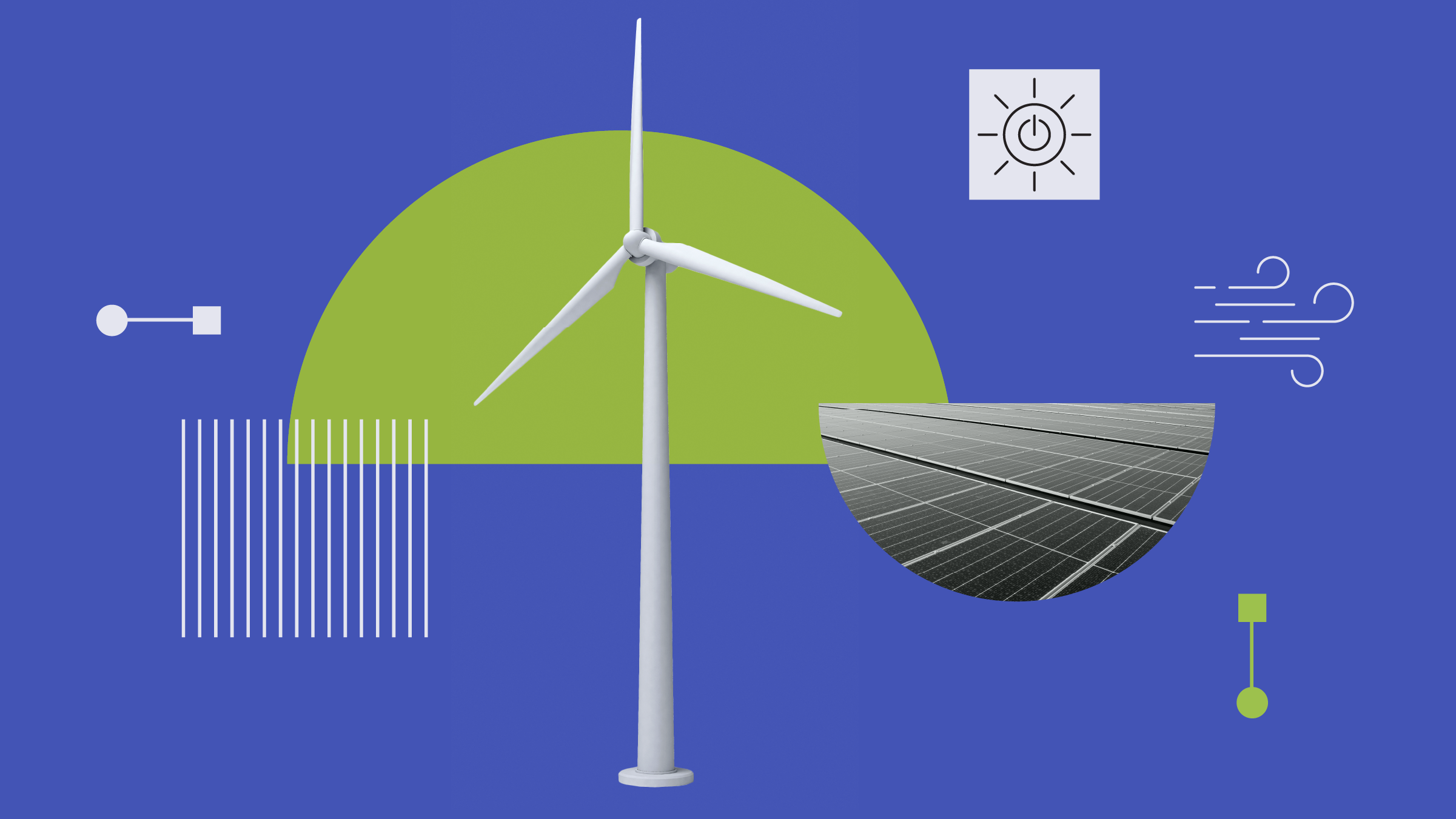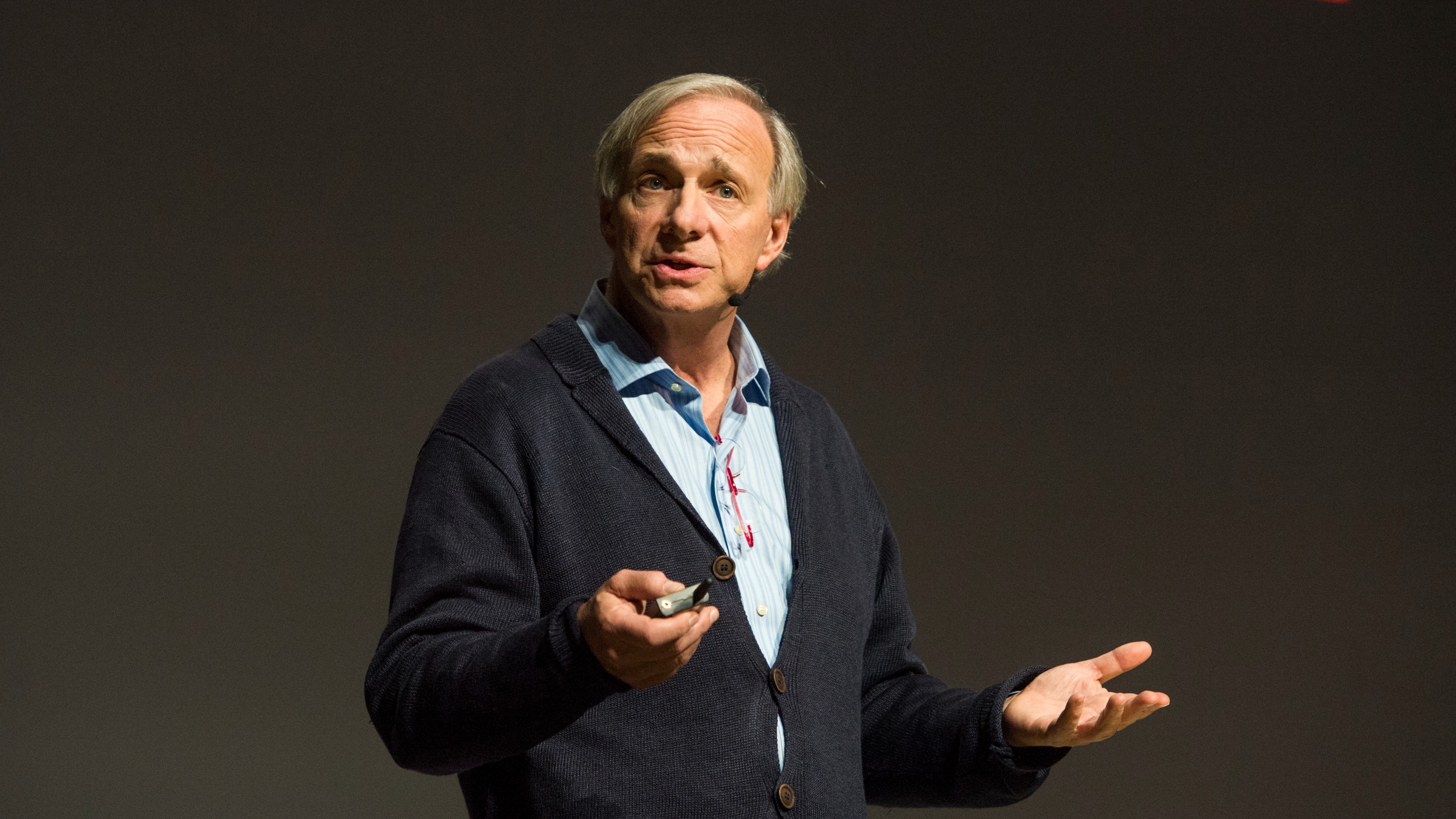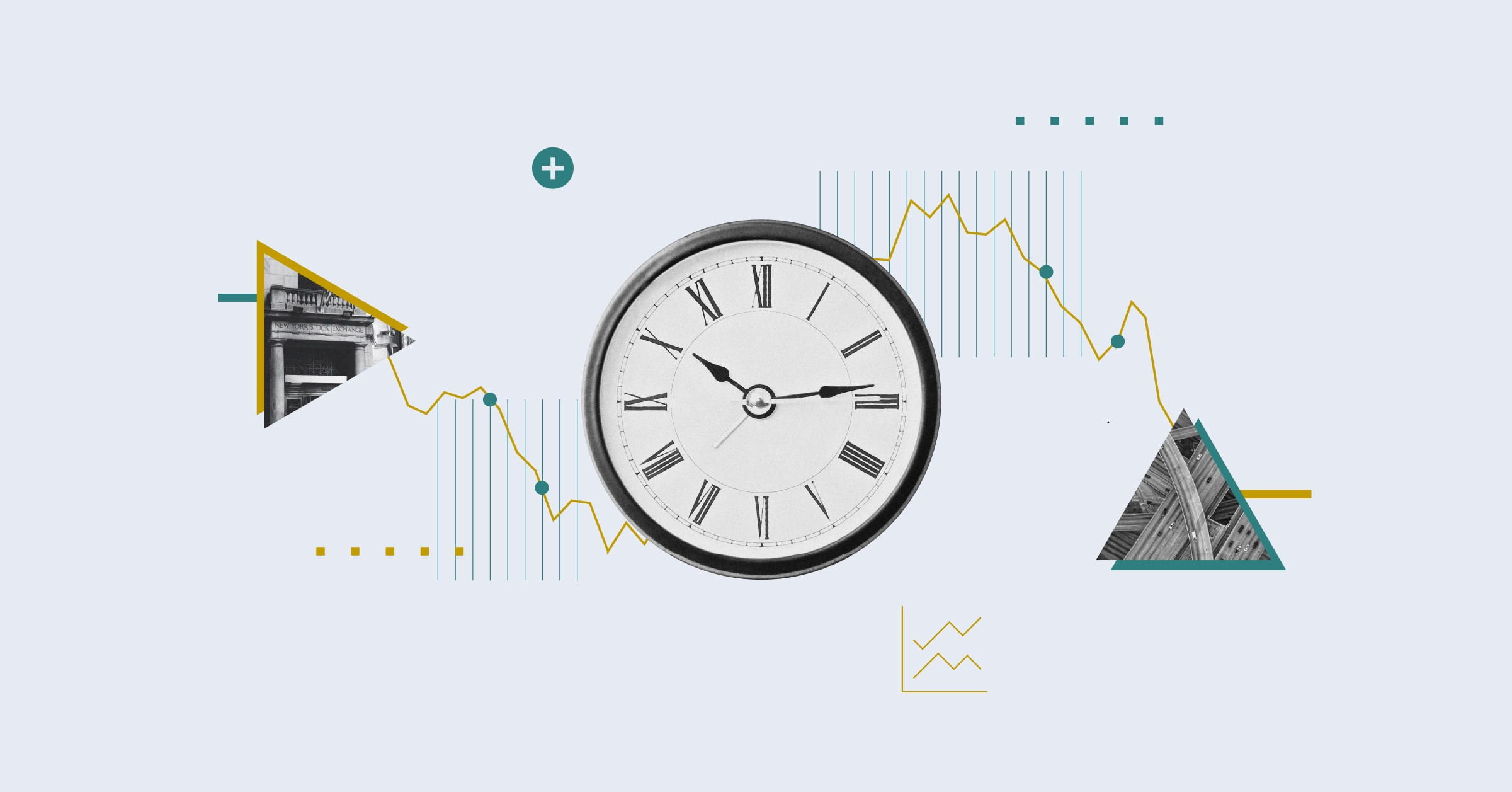(We are currently experiencing problems with the audio of this video. We are working on this issue and apologise for any inconvenience caused)
Income investors should be careful not to be not be blinded by high yielding stocks, warned fund manager Colin Morton.
Morton, who runs the Franklin UK Equity Income fund said that investors should aim to find a company where the free cash that they generate is substantially above the dividend yield that they're actually paying out.
This means that the yield is sustainable - and the risk that the company will cut the dividend in the future is minimal.
"This approach gives you the comfort of knowing that the company isn’t giving everything out to shareholders, or more than what they’re generating to shareholders," he said.
"It gives you that comfort of knowing that they can go through a difficult period of time and they can still afford to pay out the dividend."
Morton said that in a dream world investors would find something yielding 6% or 7% who could afford yield 11% or 12% - but this would rarely be the case.
He concluded: "As you can imagine, there is not many of those companies around. But typically our average company will be yielding, say, about 4%, 4.5%, but they’ll have a free cash flow yield that’s something like 6.5%, 7%."
Morton's picks:
Emma Wall: Hello, and welcome to Morningstar TV. I'm Emma Wall and here with me today is Colin Morton of the Franklin U.K. Equity Income Fund to give me his three stock tips.
Hello, Colin.
Colin Morton: Hello, there. Thanks for having me.
Wall: So what's your first stock for income?
Morton: At the moment, I have to look at my portfolio, giving you some of my sort of the larger overweight positions. My largest overweight position at the moment is Reed Elsevier. This is a publishing company. It's famous for owning brands such as The Lancet medical journal. There's been quite a bit of change within this company in the last two or three years, with a new management team come in to run the company. What this new management team has been doing is focusing on selling off the non-core parts of the company and really focusing on the core parts of the business.
Now in the past, Reed has not been giving great dividend growth, around about 5% or 6%, but with these new actions that we are seeing from the management, they've recently increased the dividend by 11%, so which is obviously a very nice signal for what's going to happen in the future.
On top of that they are also using any surplus proceeds from these sales that they are doing to actually buy back shares. So, the yield at the moment is only around about 3%. So it's a little bit below the average, but what we are hopeful of is, we're going to get dividend growth well above the market average from this investment.
On top of that, if you look at things like the free cash flow yield, we've got a free cash flow yield of around about 7%. So here is one of these companies which is yielding 3%, but actually it has got enough cash there to be yielding substantially more than that if they need to. So that gives us comfort that we really have got the possibility of seeing a big step change in the dividend growth going forward.
Wall: What's your second stock?
Morton: Second stock is the software company called Sage. It's in the software sector, but I would describe it more as a support service stock, in all honesty. It's an accountancy software business, and for small and medium-sized businesses, it will provide the software which enables those companies to run their accounts, to run their personnel, and et cetera. It is a very, very cash generative company. The free cash flow yield here is again roundabout 7%. Dividend yield roundabout 3%.
What we've seen from this company over the last four or five years is a real change in emphasis, rather than chasing like acquisitions, which they did historically, they have really started to focus on returning cash to shareholders. So, we are seeing a big rebasing of the dividend, substantial increases in the dividend over the past two or three years.
Just about two or three weeks ago, we got news about special dividend from the company of 18p a share. So, if you include the special together with the normal dividends, we actually have 30p out of this company in the last 12 months, and the share price is £3.50, so a yield of almost 10%. Now we are not saying that's going to repeat year-in, year-out, but again it's one of these companies where we think we are going to get substantially above average dividend growth.
Wall: What's your third?
Morton: Third is a bit more of a dull one, called Royal Dutch Shell, we all know that one. This company yields 5.5% at the moment, so a substantial yield. Dividend growth in the short-term is not going to be exciting from this company, it's probably going to be in the region of 3% or 4%. The reason for that is the company is investing an awful lot of money in capital expenditure at the moment in order to develop the next oil coming through for the company.
But what I like about this business is, I'm pretty optimistic long-term on oil and the fact that it's a depleting asset to the long-term price of oil, and on top of this, this is a company which if you go back as far as the second world war, they have either maintained or increased their dividend every year since then. So, I think even though growth prospects are a little bit unclear in the short-term, I think I'm getting more than compensated for that with the 5.5% starting dividend yield.
Wall: So, you are saying it might be volatile in the short-term?
Morton: Not so much volatile. I don't just think I'm going to get very exciting dividend growth in the short-term. I'm going to get dividend growth which is probably going to be a bit below the market average, but I think I'm being compensated for that, because the starting dividend yield is actually 5.5% against the average stock, say, a 3.5%.
So, I feel I can take lower growth in the short-term because I'm getting a much higher yield to start with.
Wall: Colin, thank you very much.
Morton: You are more than welcome.
Wall: This is Emma Wall for Morningstar TV. Thank you for watching.































